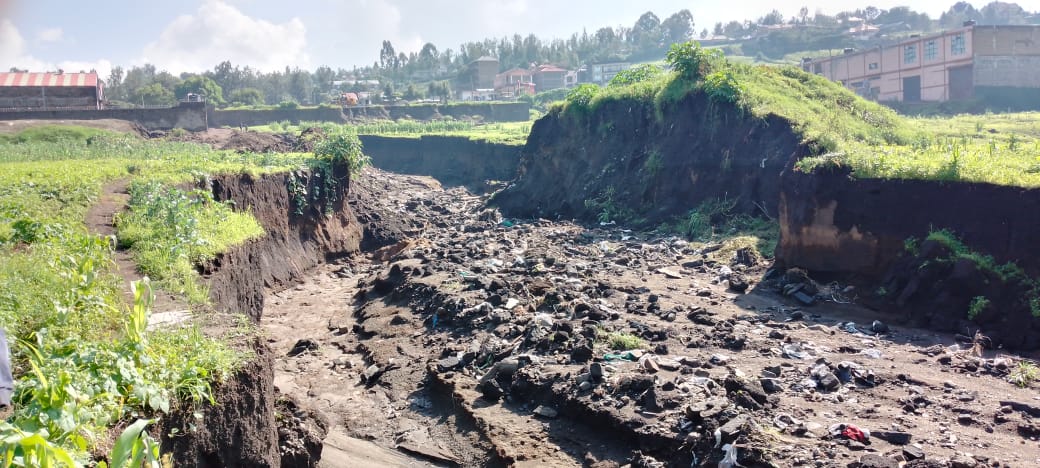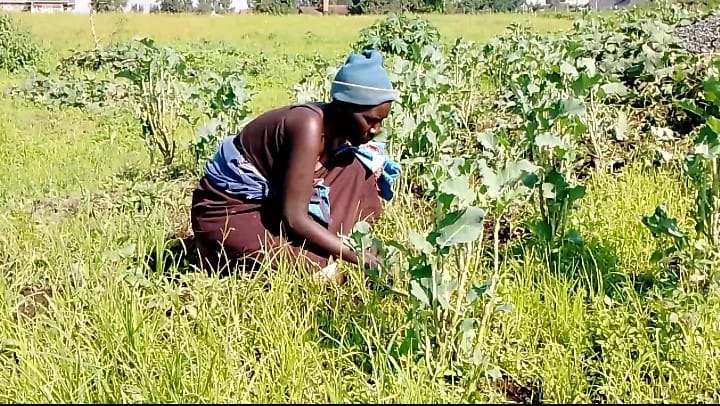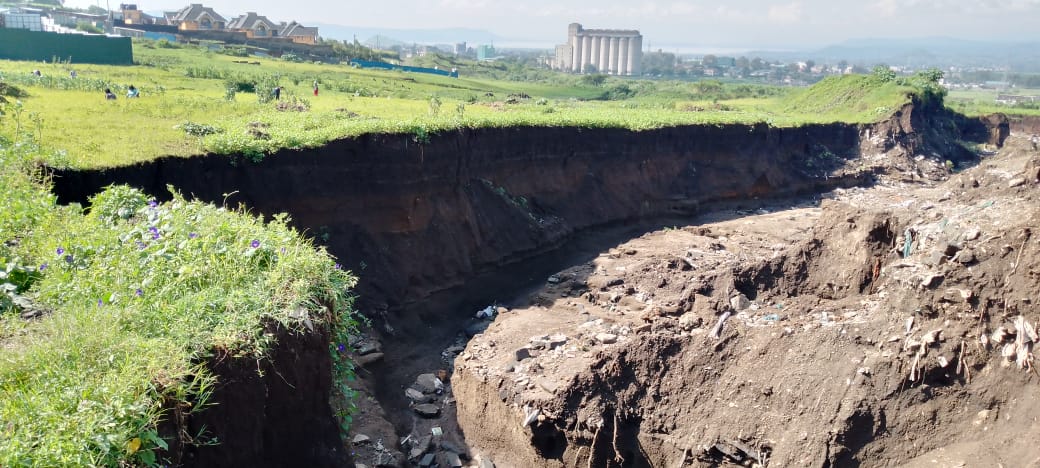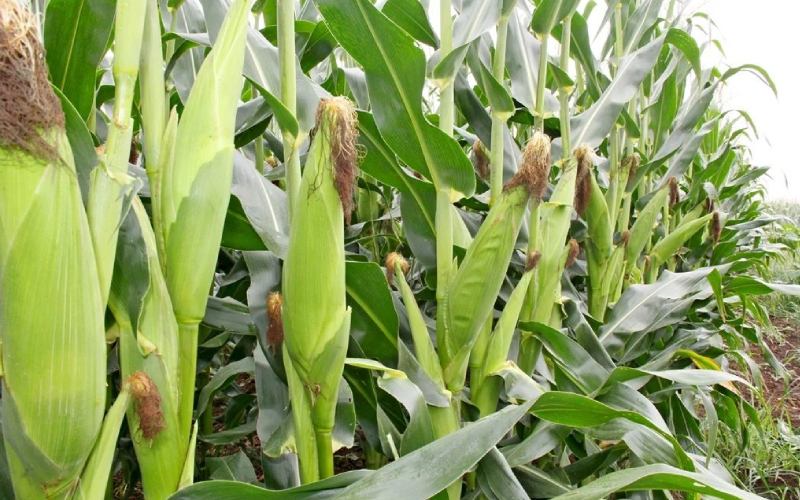- Mud and landslides have been the order of the day since the onset of the heavy downpours experienced across the country from March to May.
Midas, Olive Inn area residents in Nakuru County have faced the wrath of climate change in recent months.
Amid this catastrophe, a section of family land along the Nakuru-Kabarak Road is most affected.
Mud and landslides have been the order of the day since the onset of the heavy downpours experienced across the country from March to May.
The aftermath is a depression that has covered an expansive portion of the land, destroying most of the crops initially planted.
Read More

One of the farm workers, Kerubo (pseudonym), feels that the repercussions of the tragedy will continue to affect the overall yields of the farm produce. She also indicated that the owner notified the workers to use the land for domestic purposes regarding its current state.

“I have never witnessed anything like this before. Most of our crops are now buried. This is all we are left with. I appeal to the government to intervene in any way,” Kerubo said.
The workers still hope that the remaining piece of land, which produces beans, maize, millet, and vegetables, will remain impervious until the harvesting season.
The calamity destroyed infrastructure on the land, leading to a loss of confidence in individuals who had identified the area as a potential business site.
A homeowner feared for his property when the first landslide hit the area the previous year, destroying his wall. He was forced to pull down his ongoing construction. Building materials now lie useless, deeming the hope for any future establishment.
The community now fears that the existing infrastructure bordering the premises like the SDA, Olive Inn Church may suffer the same fate.
The Nakuru-Kabarak road is also at risk of washout in case of consistent heavy downpours. As it is a major connector, matatu operators may be forced to find alternative routes. Railway transport could also be affected. As of now, water and debris have dug beneath the railway lines.
The effects of the landslide have also inconvenienced commuters who preferred to use the route as a shortcut.
Aside from heavy rainfall, the inclined terrain and poor drainage have attributed to the dire situation.
Despite locals being relieved by the reduction of the heavy rains, their worry has now been rekindled following the recent Kenya Meteorological Department forecast, which predicted that heavy rains would continue in some parts of the country including Nakuru.
Regardless of all this, they are still hopeful that the land will restore its initial state and continue to provide food for the community.







